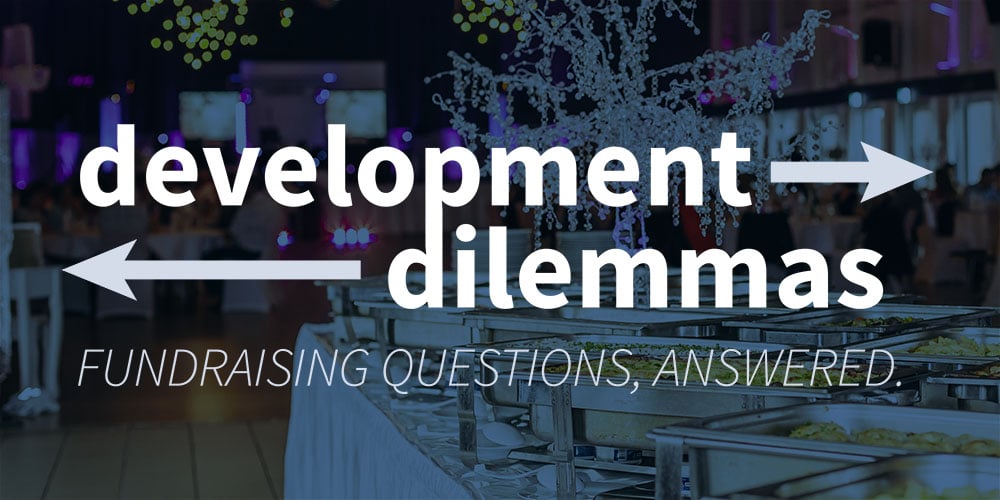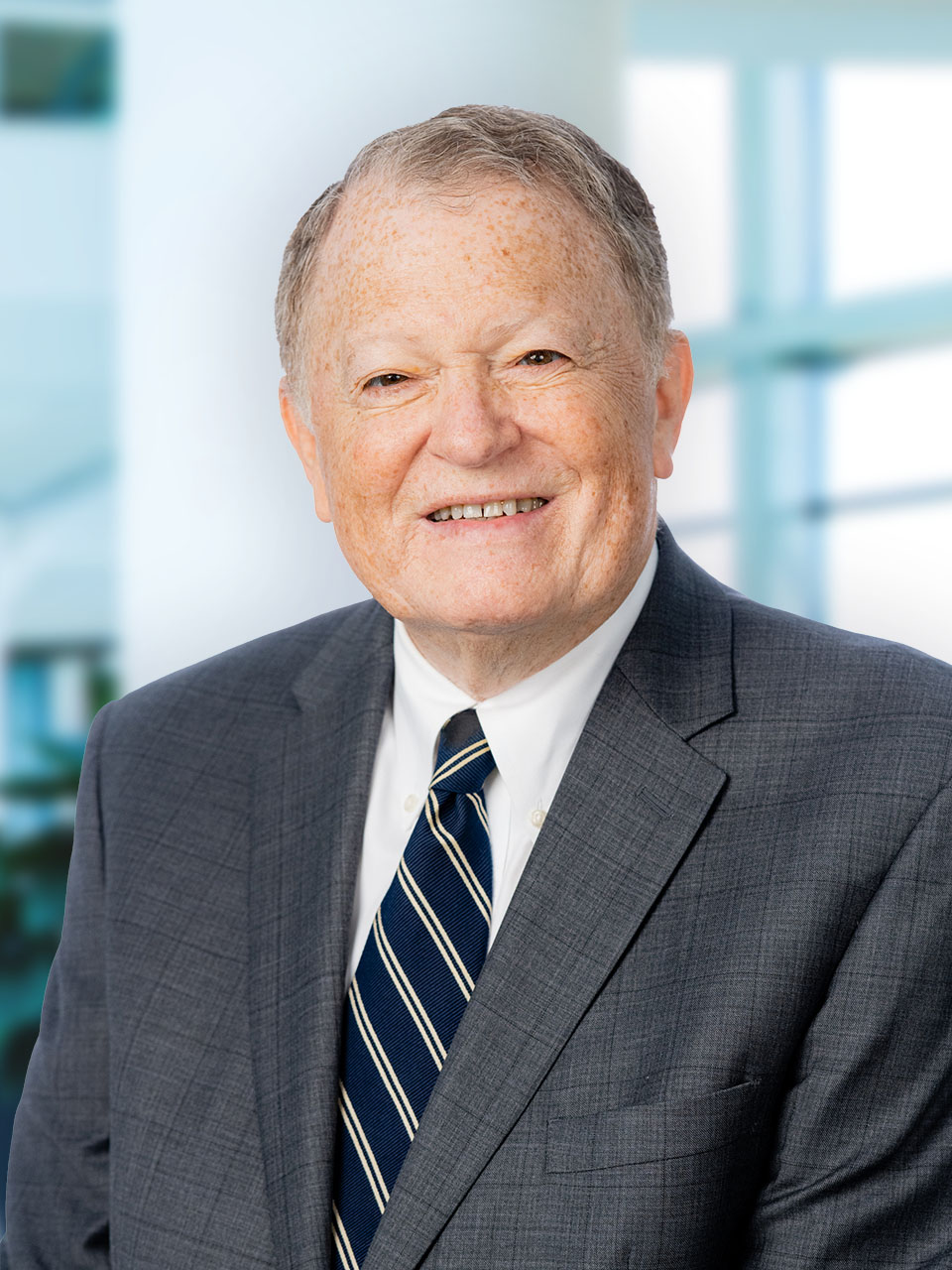In our new weekly column, consultants with decades of nonprofit experience answer your questions about fundraising, boards, strategy and more. To ask a question and be featured (anonymously!) in the column, email your questions to info@twbfundraising.com.
This week’s question will be answered by Clyde Watkins.
The Dilemma
Often when we’re talking about fundraising, board members will suggest that we focus on raising money from galas or other special events. I don’t really believe that having a gala is as high-priority as focusing on having a solid, well-rounded fundraising strategy. Am I correct in my thinking? How should I address this with our board?
Clyde's Response
Special events as a tool for fundraising goes back as far as the earliest forms of organized philanthropy, beginning with helping one’s neighbor construct a home by organizing a group of mutually interdependent community members to do so while enjoying a pot luck meal afterwards. This kind of philanthropy is fundamental in terms of drawing people into a cause and engaging them to remain involved and supportive. Done well, a special event can build an organization’s list of potential supporters on a continuing basis.
Having said that, it should be acknowledged at the outset that it is far from the most effective way to raise money – rather, it should be seen as a first step. Special events are all about “friend raising” and gathering contact information so that those participating can be solicited individually in an ever more cost-effective manner. The event also provides an opportunity for guests to be introduced to institutional leaders, thereby enabling a more personal follow-up, whether by personal correspondence or through broader communications vehicles.
Generally speaking, special events also are democratic in structure. Yes, there are special tables, and arranged seating, but when on one’s feet, no one is any different than anyone else at the event. And like it or not, effective fundraising is all about determining who has the most money to contribute, followed by careful approaches to those with the greatest philanthropic potential.
Because special events do, of course, bring in money, and offer the emotionally beneficial experience of “gathering the clan,” they are a seductive means of fundraising for those who are uncomfortable with the idea of accepting prospect assignments for personal solicitation. It is not unusual therefore to find that some institutions have allowed their panorama of special events fundraising to grow to as many as one event every other month, by which time the institution faces a form of addiction that is challenging to undo. In the process, because they ask the same people to attend all of them, and rely on the same beleaguered volunteers to sell tickets and buy tables, the institution finds itself impacted even in its direct marketing appeals, not to mention major gifts. And everybody is exhausted and frustrated.
Here, in brief, is a summary of why not-for-profit organizations invest in special events:
- They raise the visibility and enhance the positioning of the host institution (as well as the programs supported by the organization) among targeted populations.
- They can bring new friends into the fold as volunteers and donors for centralized institutional purposes.
- They raise enough money to cover their associated costs (including staff time), and hopefully more.
- The combination of new friends/dollar profit compares favorably to alternative expenditures of institutional resources for the same purposes.
- The negative costs of aggravation are contained, and do not impair other programs, staff, volunteers or donors.
Special events should be considered and implemented as part of a balanced development program. Yes, the most effective ones do appear to make enough “profit” to justify doing them, and yes, there is a science to doing them well. But they should not be looked upon as the way to raise money, in and of themselves. That’s like looking at your home as a simple financial investment – you’re bound to be disappointed sooner or later.



Comments
Questions or comments? Join the conversation!